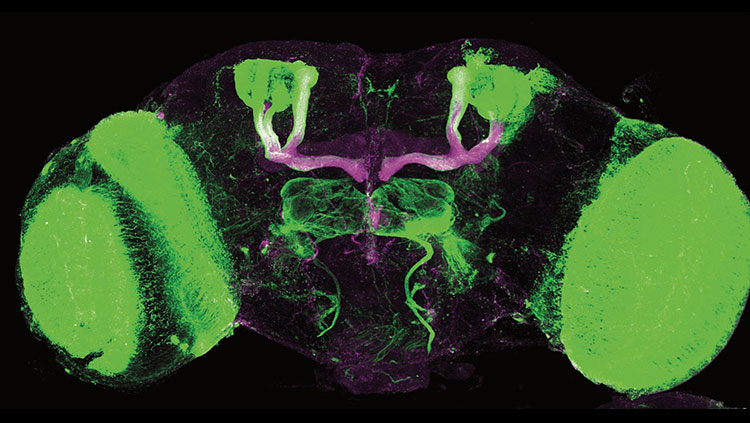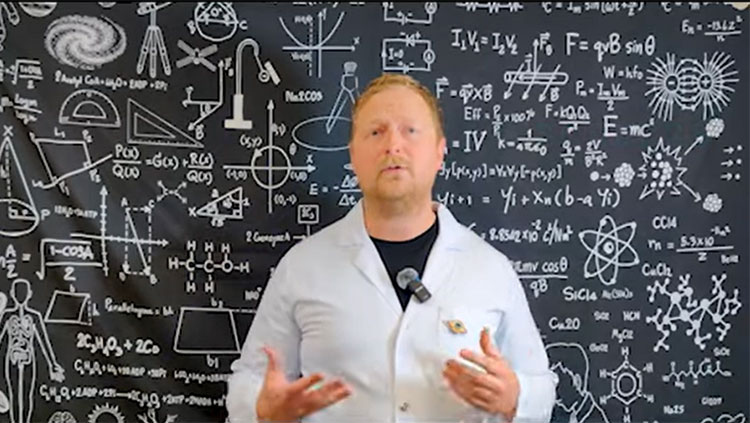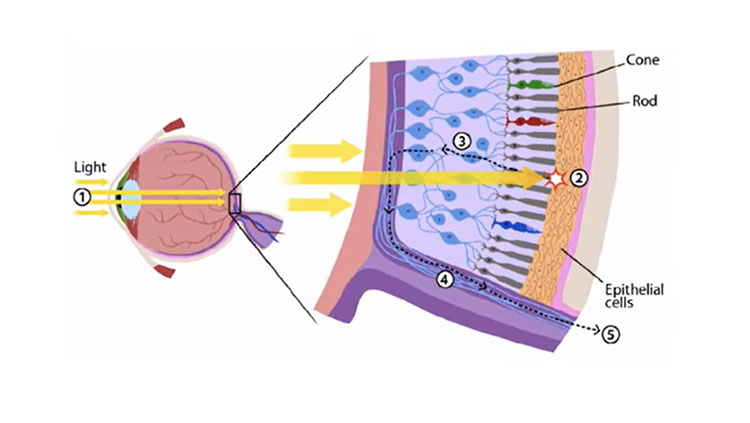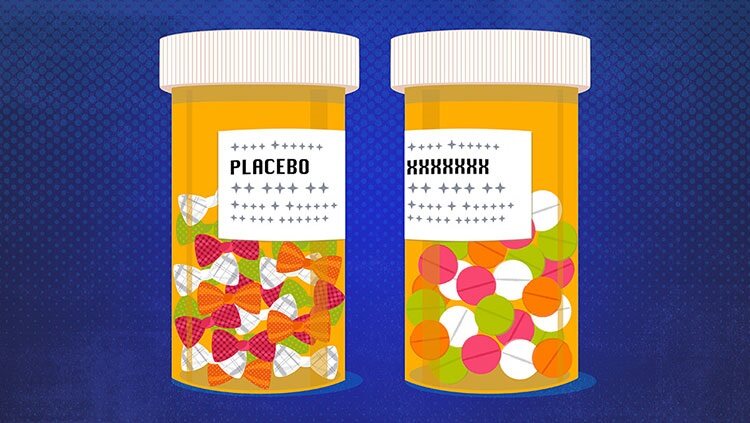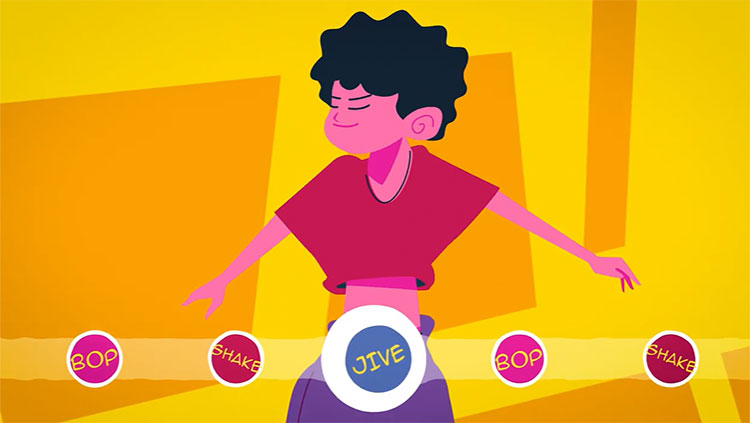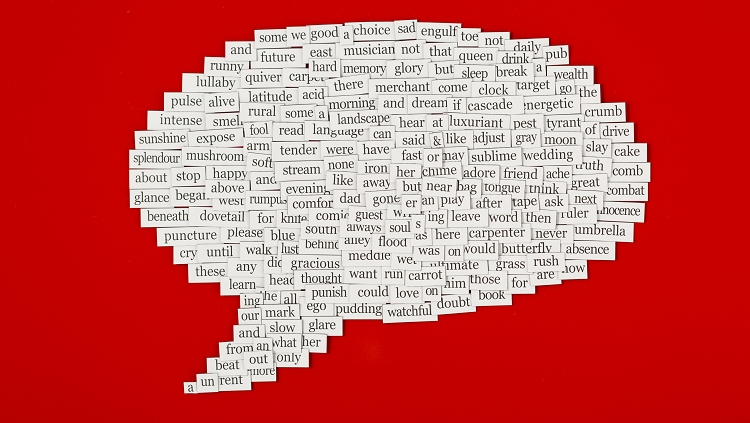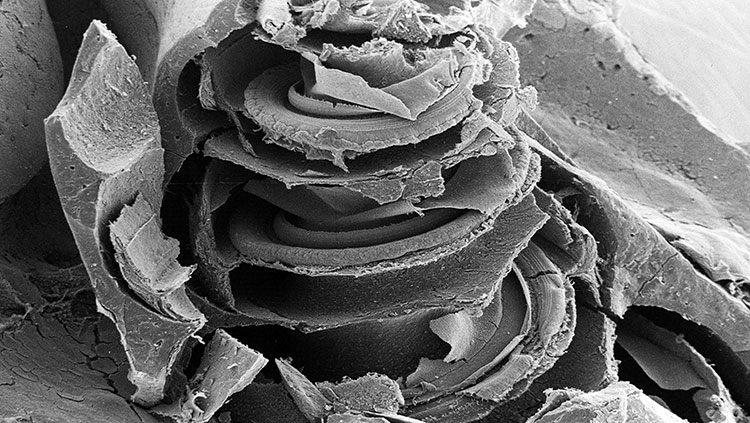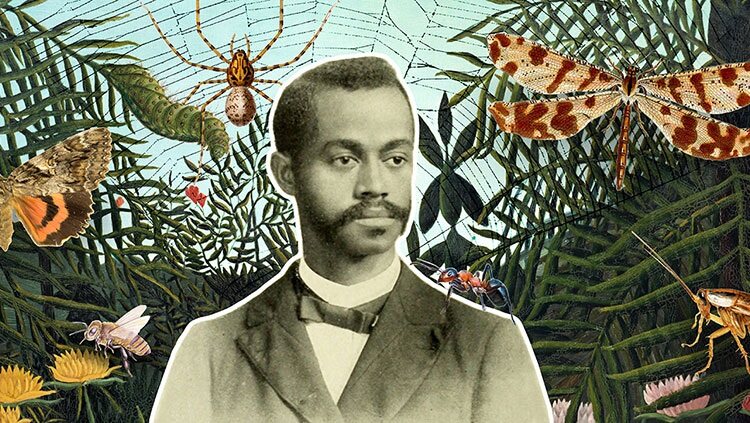Filter
-
(1)
-
(2)
-
(1)
-
(1)
-
(1)
-
(1)
-
-
(1)
-
(1)
-
-
(1)
-
(1)
-
-
(10)
-
(5)
-
(3)
-
(2)
-
(2)
-
(1)
-
-
(1)
-
(1)
-
-
(1)
-
(10)
-
(3)
-
(5)
-
(1)
-
(1)
-
(3)
-
-
(1)
-
(5)
-
(3)
-
(2)
-
-
(1)
-
(1)
-
-
(1)
-
(1)
-
-
(7)
-
(3)
-
(1)
-
(2)
-
-
(3)
-
(1)
-
(1)
-
(1)
-
(2)
-
-
(3)
-
(3)
-
-
(1)
-
(1)
-
-
(11)
-
(4)
-
(5)
-
(1)
-
(2)
-
-
(2)
-
(1)
-
(1)
-
-
(2)
-
(1)
-
(1)
-
(2)
-
-
(1)
-
(1)
-
-
(1)
-
(1)
-
-
(1)
-
(1)
-
(1)
-
-
(2)
-
(1)
-
(1)
-
-
(17)
-
(1)
-
(1)
-
(1)
-
(5)
-
(3)
-
(4)
-
(1)
-
(1)
-
(1)
-
(6)
-
(1)
-
-
(1)
-
(1)
-
-
(20)
-
(1)
-
(3)
-
(4)
-
(1)
-
(2)
-
(1)
-
(1)
-
(3)
-
(1)
-
(3)
-
(2)
-
(1)
-
(1)
-
(2)
-
(1)
-
(1)
-
(2)
-
(27)
1 - 10 of 31 results
-
Sleep disturbances are common for people with alcohol use disorder, and they can persist for weeks after people stop drinking.
-
Access a list of more than 400 neurological disorders from the National Institute of Neurological Disorders and Stroke. Summaries give symptom descriptions, treatment options, and prognosis, along with information about ongoing research on causes, diagnosis, and potential therapies. Contact information for related professional and health organizations is also featured.
-
Neuroscientists study the brain to solve puzzles — piecing together understandings across topics like emotions, rare disorders, and consciousness. But often, new findings raise more questions.
-
How well can you see in the dark? Your retinas have specialized nerve cells that help, but your brain makes things even clearer through a process called contrast gain control.
-
Sloppy by today’s standards, and maybe even back when it was published in 1955, Henry Beecher’s paper paved the way for sounder drug trials and pushed scientists to better understand how we process pain.
-
Areas in our brain involved with movement are activated when we hear music, helping us anticipate musical patterns and compelling us to move to the beat.
-
Let your students test their brain vocabulary in a game of Neuro Bingo.
-
Could you explain neuroscience if you only had a simple set of words? Take the challenge!
-
The process, function, or power of perceiving sound.
-
Researchers are rediscovering the forgotten legacy of a pioneering Black scientist who conducted trailblazing research into the cognitive traits of bees, spiders, and more.


